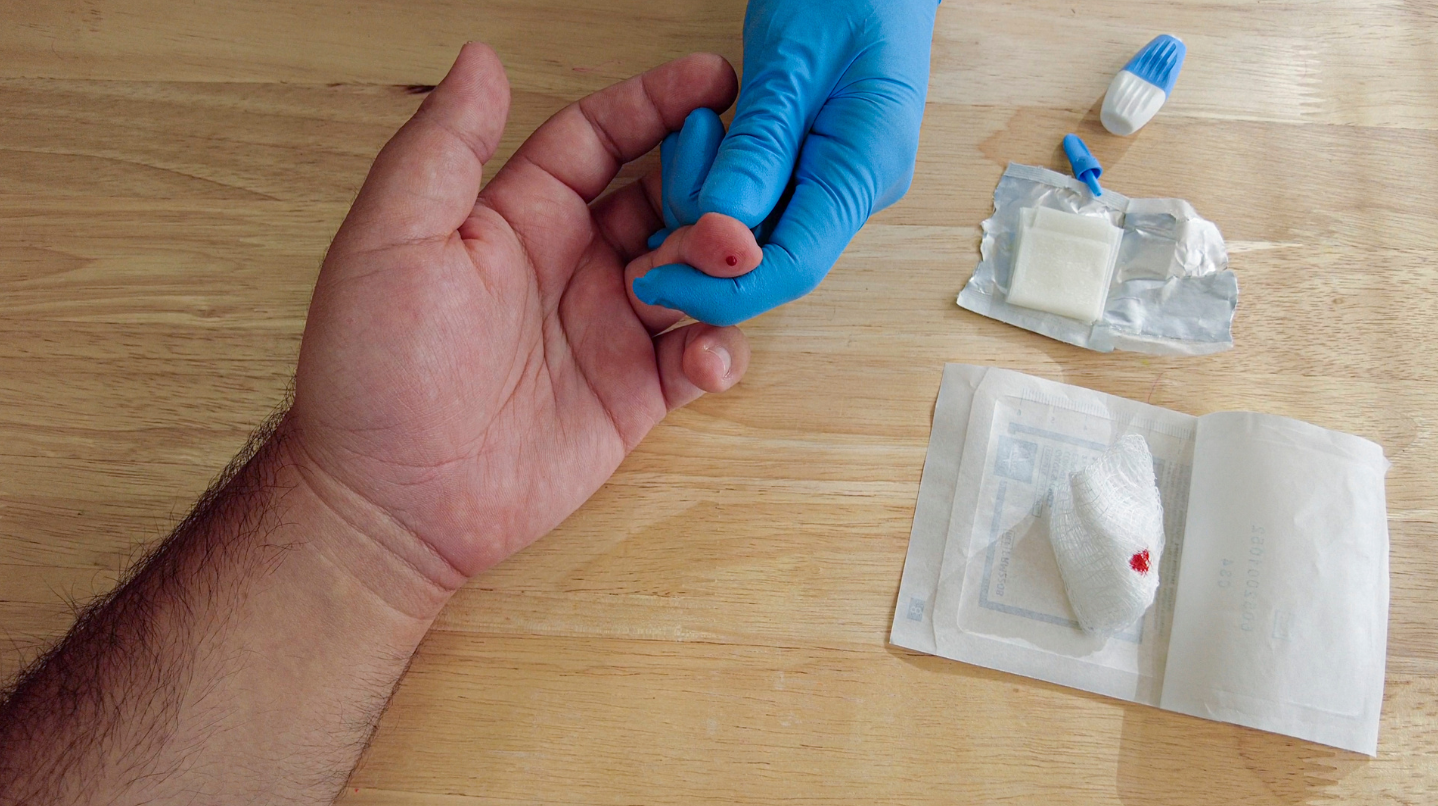Love YOUR Heart
Show your heart some love with the help of KBMO’s CIT Test
When it comes to heart health, we have been misinformed for many years. Fat was often victim of the blame game. We were told to stop eating our fats, eggs and meats because they were the cause of increased cholesterols, which in turn would increase our risk of heart disease.
In a 2016 scientific statement, the American Heart Association highlighted the significant role that sugars, especially from sugary beverages and ultra processed foods, play in promoting heart disease. This marked a notable shift in the narrative, acknowledging that while unhealthy fats are still concerning, added sugars are equally, if not more, critical to managing cardiovascular health.
According to the American Heart Association, heart disease has been the leading cause of death in the US for the last 100 years.
Let’s unpack this a bit.
Too much sugar in the diet can be harmful to to your body — including your heart and cardiovascular system — and contribute to a condition called atherosclerosis, which is the buildup of plaque in the walls of your arteries.
When you eat excessive sugar, especially from processed foods and sugary drinks, your blood sugar spikes; your body then responds by producing insulin, a hormone that helps rid your blood of excess sugar and moves these stores into your cells for energy.
Over time, however, consumption of excessive sugars puts strain on your system and proves unsustainable. As a result, your body can become insulin resistant, meaning that the system in your body responsible for sugar cleanup and energy conversion doesn’t work as it should. Insulin resistance results in more sugar staying in your blood, which can in turn lead to significant inflammation and damage to the walls of your arteries. Damaged arteries require cholesterols for repair which may be more likely to form plaques; those plaques then narrow the arteries and increase your risk of heart attack and stroke.
Do you know your levels?
For this reason, our Cardiovascular Inflammatory Test from KBMO Diagnostics measures your blood sugar along with many additional, infrequently-tested risk factors associated to heart disease.
One of these risk factors is lipoprotein(a) (or Lp(a)). Lp(a) is a type of cholesterol particle that is considered a strong independent risk factor for heart disease. High levels of Lp(a) make it easier for cholesterol to stick to the walls of your arteries, contributing to plaque buildup (which then increases your risk of dangerous blockages). While genetics play their role, research shows that diets high in sugar can worsen Lp(a) levels as well. Approximately 20-30% of the US population have elevated levels of Lp(a).
Another risk factor measured by your CIT Test is called homocysteine — a type of amino acid found in the blood. Normally, your body breaks down homocysteine with the help of certain vitamins (such as B6, B12, and folate), but diets deficient in these vitamins can cause homocysteine levels to rise. High homocysteine levels, like high levels of Lp(a), can lead to damaged blood vessels and make it easier for plaques to form. Elevated homocysteine levels are associated with an increased risk of heart disease, stroke, and other vascular problems.
In simple terms…
Too much sugar can cause inflammation and contribute to plaque buildup in your arteries, but can also raise levels of harmful substances like Lp(a) and homocysteine. These factors make it more likely for atherosclerosis to develop, which is why cutting down on your sugar intake can be a crucial step in not only protecting your smile or waistline, but your heart as well.
Because routine cholesterol tests don’t typically measure Lp(a) or Homocysteine, many people with elevated levels are unaware of their increased cardiovascular risk, contributing to heart disease’s protected status as the number one cause of death among American adults.
If you want to know where your Lp(a) and homocysteine levels stand, KBMO Diagnostics’ CIT Test is a convenient, in-office fingerstick test which measures your typical lipid panel as well as seven additional markers directly related to the risks of cardiovascular disease.
When it comes to the leading cause of death in the US, we recommend to test, not guess. Read more about the CIT Test from KBMO here, or schedule your functional medicine consult to get your test today!



